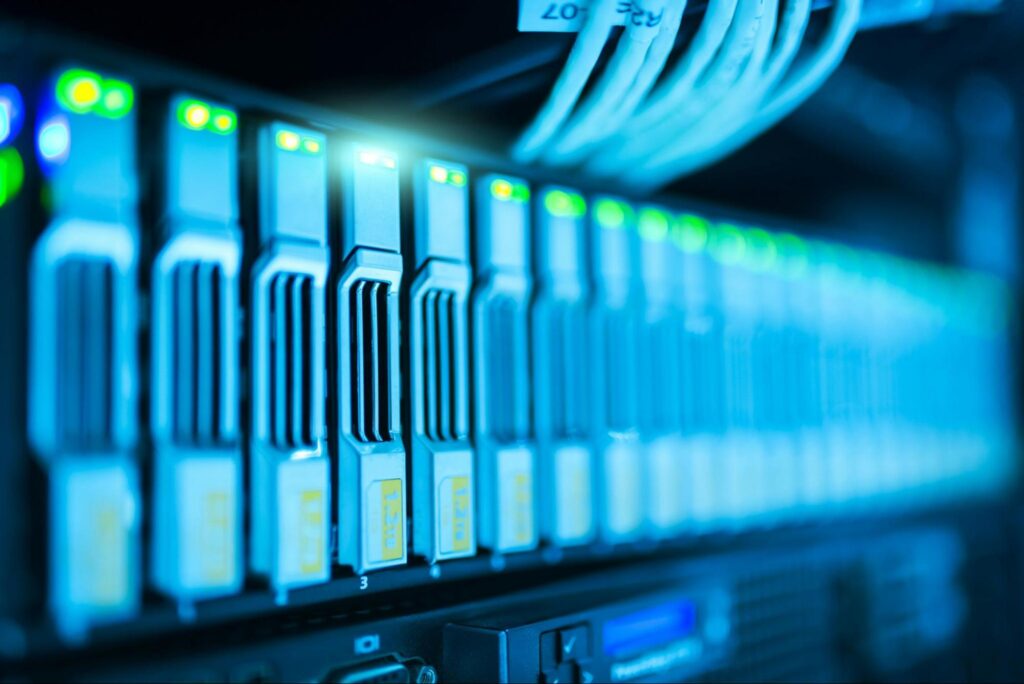With digital currencies really gaining mainstream appeal, concerns about their safety have erupted into the public conversation. From Bitcoin’s rollercoaster highs to the stable rise of stablecoins, the attention is no longer solely on the adoption of crypto but also on how secure this developing system is.
With billions of dollars now in decentralised wallets and increasing users joining the blockchain space daily, the previously niche space of cryptocurrencies is really now confronted with the overwhelming reality: Can the infrastructure keep pace with dangers that are developing at the same pace or even more rapidly?
Enter Quantum Computing
Quantum computation is really a possible shift in the arms race between decryption and encryption. Classical cryptographic mechanisms, such as the SHA-256 algorithm employed in Bitcoin, are considered practically unbreakable. Quantum computers, based on the rules of quantum mechanics, would theoretically have the capability to carry out operations millions of times quickly.
That is where Quantum AI enters the picture. Although early-stage quantum computers have not so far broken major blockchains, the coupling technology of artificial intelligence with quantum computation, particularly platforms like Quantumai, is really both promising and concerning. Most significant is the potential for quantum algorithms to optimise trading strategies for cryptocurrency, even to the point of potentially decrypting private keys, which has prompted discussion throughout the tech and finance industries.
The question is no longer whether quantum computing will meet the crypto space, but at what cost and how soon.
How Safe Are Today’s Crypto Coins?
As of now, the majority of significant crypto assets are secure against quantum attacks. Blockchain decentralisation and cryptographic protocols like ECDSA (Elliptic Curve Digital Signature Algorithm) are still immune to the brute-force attacks common in modern computing.

Experts caution that once quantum devices surpass a point, often deemed “quantum supremacy,” these protective measures may erode. Some projections indicate that a 4,000-qubit quantum computer would breach modern encryption techniques. As for now, the best quantum devices today function at less than 1,500 qubits.
For now, coins like Ethereum and Bitcoin are isolated, but the countdown is on. While the cryptocurrency space is based on innovative ideas, its weakness is that it lags behind quantum-resistant planning.
Friend or Foe?
The two-way capability of technology makes AI-quantum both an opportunity and a potential risk. AI-quantum is increasing the efficiency of trading bots, cybersecurity and blockchain. Quantumai, for instance, is being touted as a technology that can forecast market movements more accurately by examining enormous, multidimensional data sets in real time.
For institutional investors and experienced crypto traders, this translates to quicker decisions, enhanced risk management and highly responsive strategies. However, the same power that enhances these tools also has the potential to be weaponised.
If placed in the wrong hands, Quantum AI may reverse-engineer cryptographic keys, steal funds or destabilise token economies by executing micro-manipulative trades beyond traditional platforms’ capacity to recognise or prevent.
This technological tension prepares the way for a future of cybersecurity in which artificial intelligence will be both the lock and the key.
Preparing the Blockchain for Quantum
An increasing number of blockchain developers now directly address the challenge of quantum attacks through actively developing quantum-resistant protocols. One area is post-quantum cryptography, which seeks to construct novel algorithms resilient to attacks even from high-end quantum systems.
Projects like Ethereum 2.0 have already factored in possible modular upgrades that enable the incorporation of novel layers of security as quantum threats become more pressing. Likewise, specialised coins like QRL (Quantum Resistant Ledger) are developed from the beginning to be quantum-hardened.

The United States’ National Institute of Standards and Technology (NIST) has also entered the global competition by examining possible PQC standards to be widely implemented. When finalised, these have the potential to form the foundation for secure online transactions in a quantum-empowered environment.
Meanwhile, cryptocurrency users and exchanges should begin auditing their wallets, smart contracts and cryptographic protocols for forward compatibility.
The Path Forward
The advent of Quantum AI computing does not signal the demise of crypto, least of all if the industry adapts ahead of time. As with every other technological breakthrough, it’ll shake up, remake and redefine the established paradigms, but it does not have to dismantle them.
The crypto sector needs to adopt crypto agility now—the capacity to enhance, shift and expand security infrastructure before quantum capability becomes a reality, not in response.
Either incorporating AI-powered analysis for early warning of attacks or including quantum-resistant algorithms in next-generation blockchains. The moment is ripe because once quantum computers are strong enough to break wallets or steal ledgers, it won’t be the most widely held coin that lives, but the best-prepared.
Closing Thoughts
Cryptocurrency and quantum are both hallmarks of modern technology—decentralised and exponential. When they meet, the stakes are high for anyone along the way. From retail to institutional players, the question is not whether or not these systems can coexist but whether they can advance at the same pace without sacrificing fundamental tenets like security, transparency and decentralisation.
Within that precarious balance hangs the fate of finance itself.

